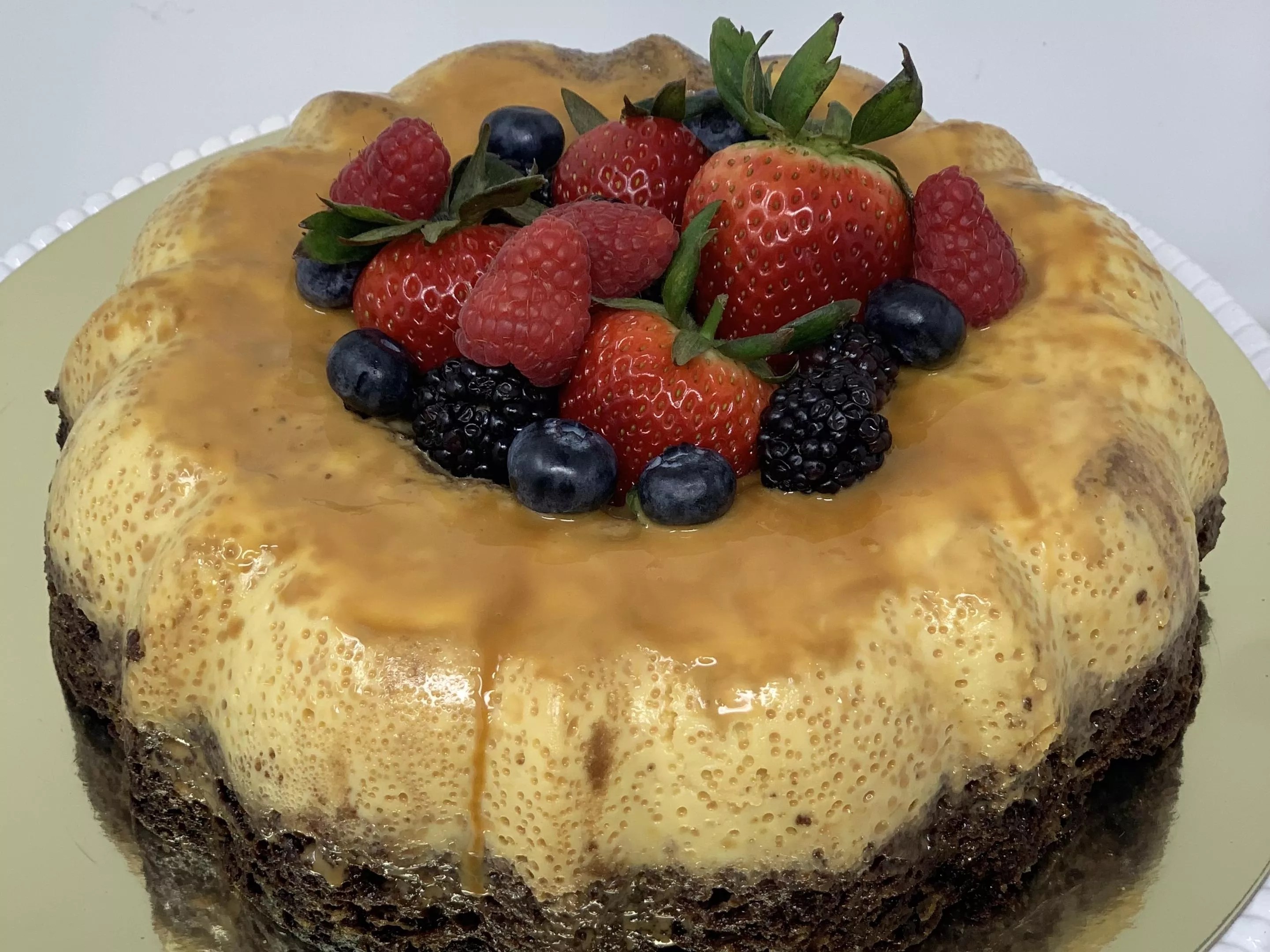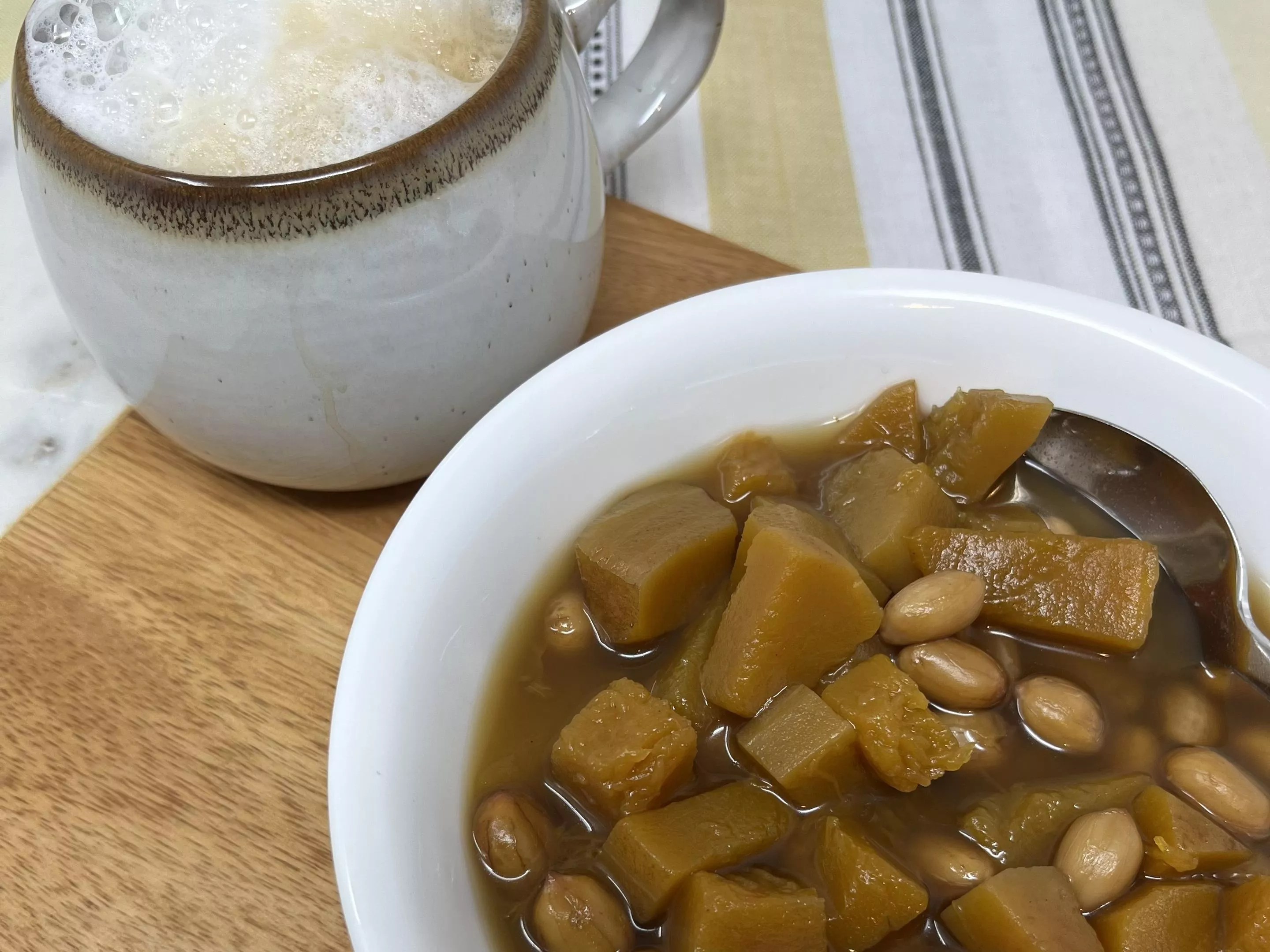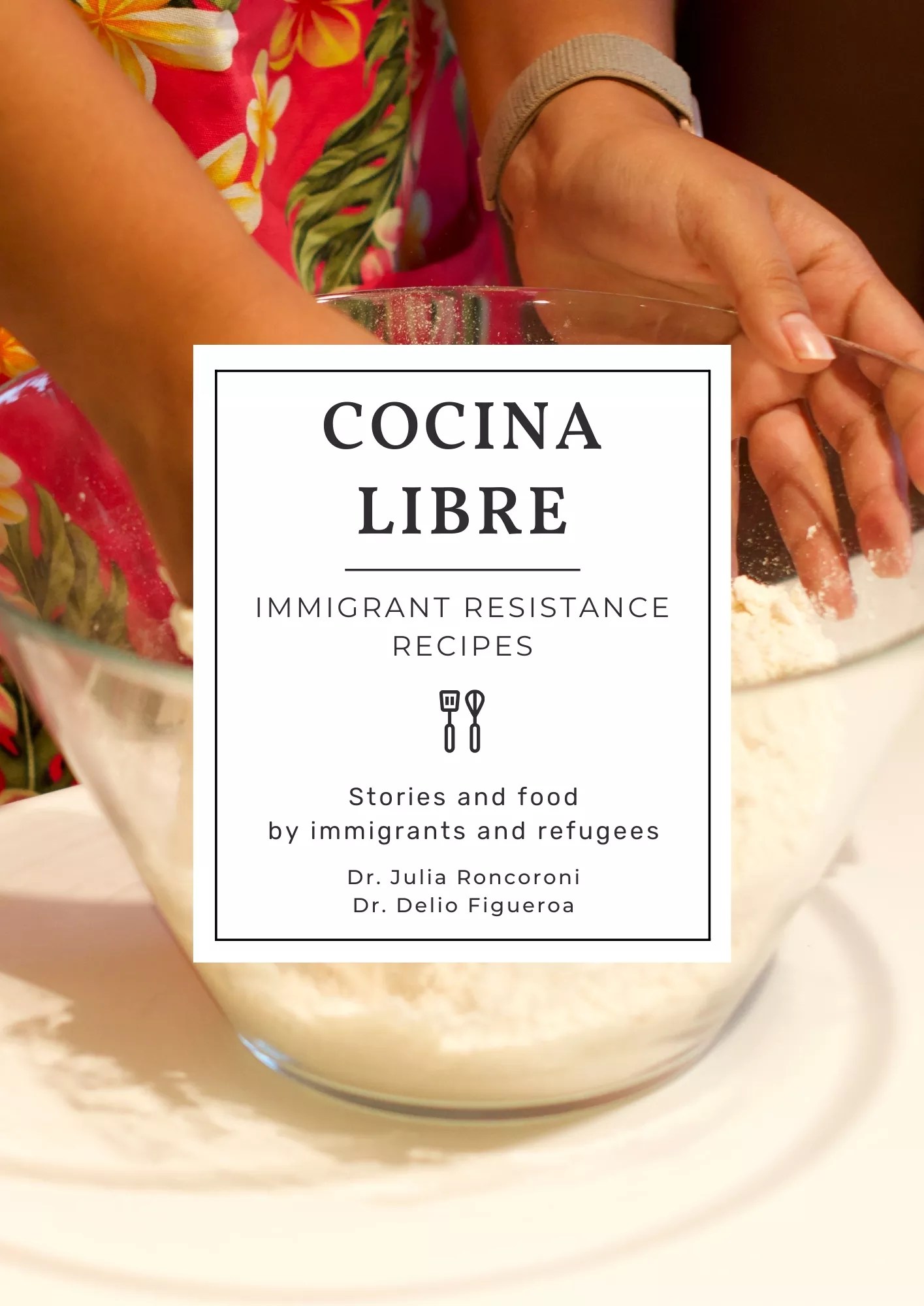
Cocina Libre

Audio By Carbonatix
“We believe firmly that food has the power to connect,” says Dr. Julia Roncoroni, an associate professor at the University of Denver who recently co-authored Cocina Libre: Immigrant Resistance Recipes with her husband, Dr. Delio Figueroa.
To create the self-published cookbook, the duo recorded recipes and personal narratives from immigrants and refugees throughout the metro area.
Both Roncoroni and Figueroa are immigrants themselves and have been active community volunteers since moving to Denver in 2016. Through that work and introductions made by nonprofit colleagues, they came in contact with immigrants from several ethnic backgrounds.
Cuisines from ten countries are represented in the book, including Peru, Ukraine, Mexico, Venezuela, Afghanistan, El Salvador, Colombia, Bangladesh, Ethiopia and Guatemala. Roncoroni explains that Cocina Libre wasn’t curated like a traditional cookbook, with a balance of appetizers, sides and so forth. Rather, participants chose recipes based on what they were most comfortable cooking, and what they felt best represented their culture.
Traditional tamales, empanadas and spicy chicken mole appear alongside Venezuelan sancocho stew, plantain sandwiches, poke bowls and borscht. The book also contains a recipe for dulce de calabaza, a caramelized squash dish contributed by Erika Vargas Reyes.

Dulce de calabaza is made with Mexican squash, peanuts, piloncillos and cinnamon.
Cocina Libre
Reyes emigrated to the United States from Morelos, Mexico, in the early 2000s and worked two food-industry jobs to make ends meet while also sending funds to her family, all of whom remained in Mexico. Cocina Libre recounts her loneliness and depression, struggles with low wages and a health crisis for which she received little support.
“All the participants in our book are individuals who have experienced inordinate amounts of social and systemic oppression – be that in their home countries, on the way here, once here. You hear a lot of trauma stories associated with immigration, with displacement,” comments Roncoroni.
“We really wanted to highlight the humanity and the dignity of participants – the extraordinary resilience of our participants. They stand individually, and they’re also making waves collectively,” she says.
Many contributors have worked or volunteered for the Colorado Immigrant Rights Coalition, a nonprofit organization that will receive all proceeds from Cocina Libre sales. Founded in 2002, CIRC supports immigrants and refugees through civic engagement, public education and advocacy for essentials like health care and safe, affordable housing. It has also launched a statewide ICE abuse hotline and has a legal defense fund to help those undergoing deportation proceedings, among other efforts.

The cover of Cocina Libre, which is available for purchase via Amazon.
Cocina Libre
Roncoroni hopes that Cocina Libre encourages readers to reflect on the hardships imposed by immigration and detention. “These are immigrants that are here for work. They’re here to have a better life and give a better life to their children – which I think is something that at a very basic human level, we can all relate to,” she says.
To further depict the realities of immigrants and refugees, Roncoroni and Figueroa produced a mini documentary, also titled Cocina Libre. It relays the stories of four Venezuelan immigrants who came to the United States on foot in 2023.
Explains Roncoroni: “We asked them questions like, ‘What was it like to live in Venezuela and then leave Venezuela? What was it like to cross the jungle [and] get to the border?'” The way food plays a role in preserving their cultural heritage is also woven into the eye-opening narrative.
The film will premiere during the cookbook launch party, which takes place from 7 to 8:30 p.m. on May 21 at Raíces Brewing Company, 2060 West Colfax Avenue. During the event, which is free to attend, guests will enjoy global fare cooked by the immigrants who participated in Cocina Libre and hear firsthand about their experiences. Following the event, the documentary will be available to view on Roncoroni’s website, and the paperback cookbook is currently for sale via Amazon.
Additionally, Roncoroni and Figueroa have coordinated fundraiser dinners; the third and final event is June 6. Ruby’s Market at 1569 South Pearl Street will host chef Edwin Sandoval of Xatrucho, who will cook alongside two Venezuelan immigrants who contributed to Cocina Libre. Tickets are $45 per person, and proceeds benefit the two immigrant chefs, as well as ViVe Wellness, a nonprofit that works to provide housing for Venezuelan newcomers and achieve health equity for other communities throughout Denver.